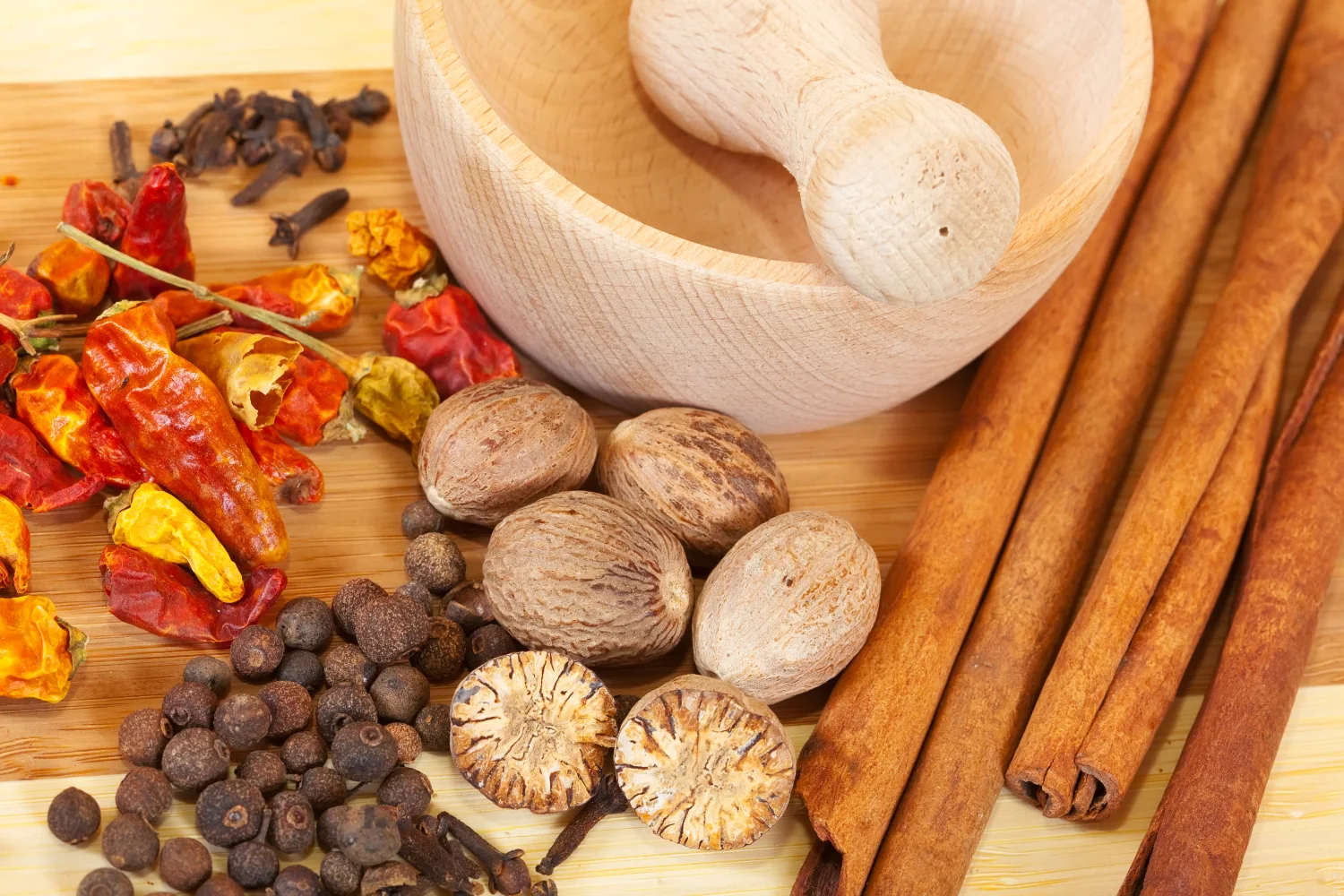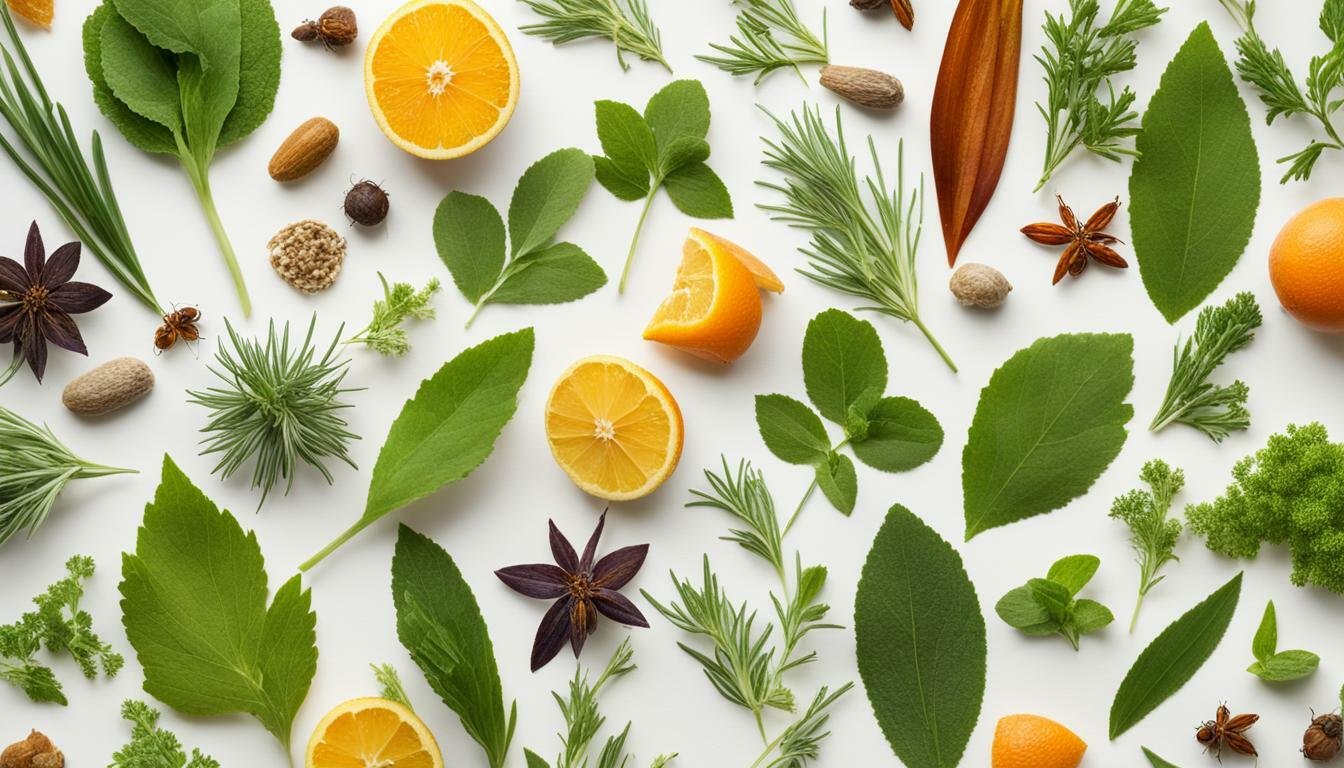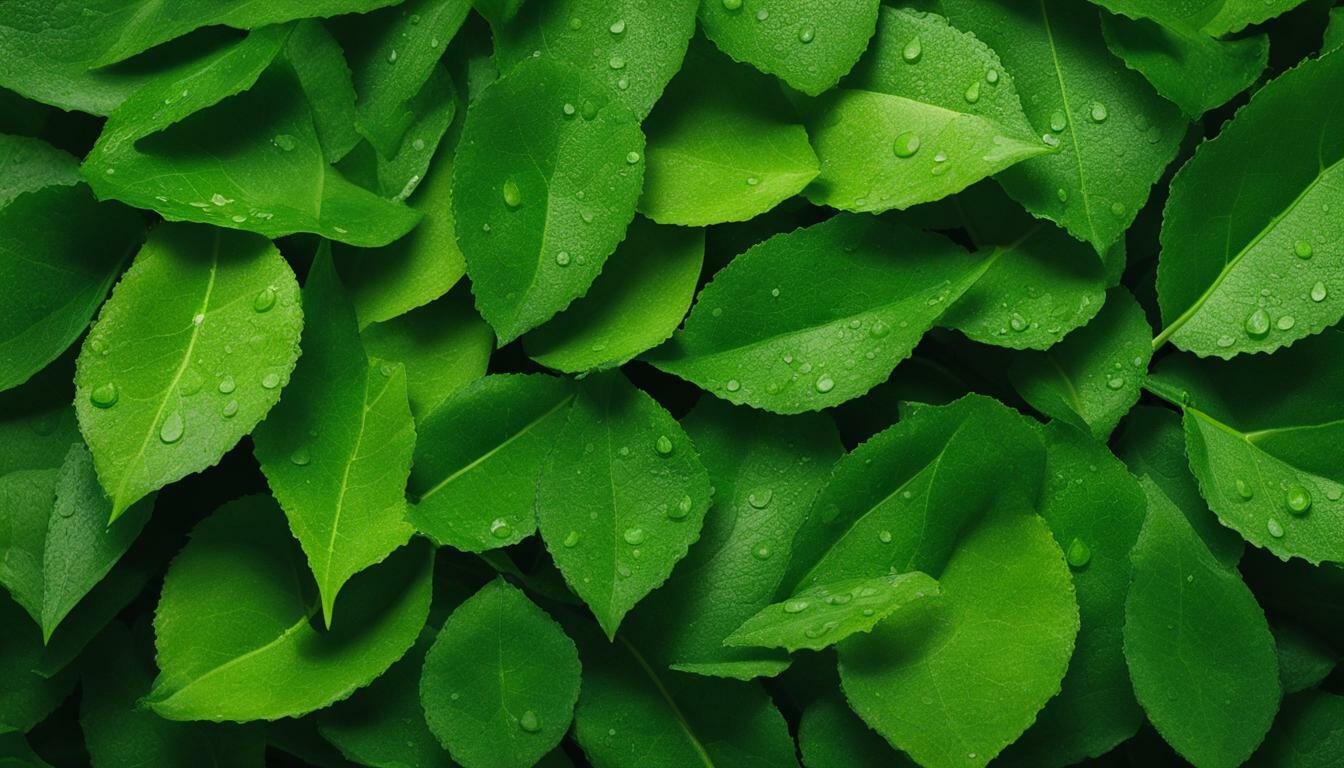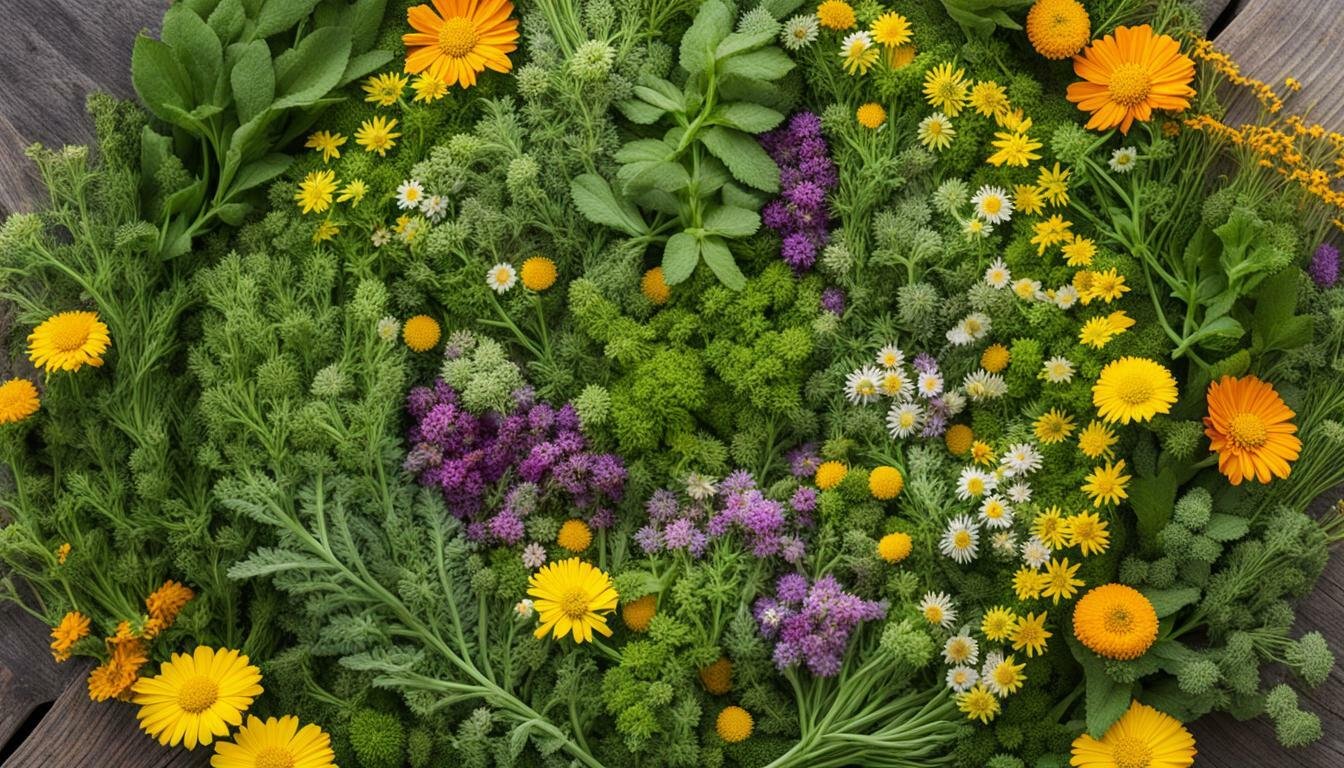Prepare Garden Herbs for Medicinal Use
Using garden herbs for medicinal purposes has become increasingly popular as more people seek out natural remedies. Not only chinese or other asian cultures have a big heritage using what mother nature gives us to use for a medicinal use. Herbs contain a variety of beneficial compounds that can help treat minor ailments, promote wellness, and complement other therapies. Preparing herbs properly helps maximize their medicinal effects. Here are 8 effective ways how to prepare common garden herbs for medicinal use.
While this extensive guide dives deep into the many methods for preparing common garden herbs for therapeutic use, I’ve created several other articles exploring the diverse medicinal applications of herbs. Feel free to access it through the regular navigation or the specific links within the text.
What Are Medicinal Herbs?
Medicinal herbs are plants that have therapeutic properties and can be used to treat or prevent illness. Many well-known culinary herbs also offer medicinal benefits, like parsley, sage, thyme, and mint. Herbs contain a wide array of active compounds like tannins, alkaloids, flavonoids, terpenes, and polyphenols that influence health in various ways.
Some examples of popular medicinal garden herbs include:
- Chamomile -Anti-inflammatory, soothing, sleep aid
- Echinacea – Immune booster, cold/flu relief
- Fennel – Digestive aid, anti-bloating
- Ginger – Circulation booster, anti-nausea
- Lavender – Relaxing, wound healing
- Lemon balm – Calming, mood lifting
- Oregano – Antimicrobial, antioxidant support
- Peppermint – Indigestion relief, nasal decongestant
- Rosemary – Brain booster, circulation aid
- Turmeric – Anti-inflammatory, antioxidant
Using these and other herbs medicinally can provide relief from issues like inflammation, pain, congestion, digestive trouble, anxiety, insomnia, low immunity, and more. Their diverse active compounds work synergistically to promote whole-body wellness. The sky is the limit since mother nature offers tons of options.
How Can Garden Herbs Be Used for Medicinal Purposes?
Garden herbs can be utilized in many forms to unlock their healing potential. Some common medicinal preparations using herbs include:
Herbal Teas
Herbal teas, also called tisanes, are made by infusing herbs in hot water to extract their beneficial compounds. They are simple to prepare, easy to ingest, and provide quick relief. Herbal teas are ideal for flowers, leaves, and seeds. Simmering more woody herbs in water makes a decoction. Herbal teas can treat issues like:
- Chamomile tea – Anxiety, sleep aid
- Ginger tea – Nausea, circulation
- Peppermint tea – Indigestion, congestion
- Turmeric tea – Inflammation, antioxidants
Herbal Tinctures
Herbal tinctures are concentrated liquid extracts made by soaking herbs for weeks in alcohol or vinegar. This long maceration pulls out beneficial compounds. Tinctures make dosing herbs convenient and they are easily absorbed. Effective for roots, bark, seeds, resin. Good for:
- Echinacea tincture – Immune booster
- Valerian tincture – Sleep aid
- St. John’s Wort tincture – Mild depression
- Milk thistle tincture – Liver cleanse
Herbal Capsules
Encapsulating herbal powders into capsules allows for standardized dosing. Capsules mask unfavorable tastes and provide a convenient way to take herbs. They also avoid alcohol for those avoiding it. Useful for potent herbs, formulas, roots, barks. Helpful for:
- Turmeric capsules – Anti-inflammatory
- Ginger capsules – Circulation, digestion
- Valerian capsules – Sleep
- Burdock root capsules – Skin, liver
Herbal Syrups
Syrups are made by extracting herbs into a sweetened liquid like honey, maple syrup, or glycerin. The sweet taste makes herbs more palatable, especially for children. The syrup helps preserve the herbs and coat the throat. Useful for bark, berries, roots, flowers.
- Elderberry syrup – Immunity, antioxidants
- Marshmallow root syrup – Sore throat
- Hawthorn berry syrup – Heart health
- Cherry bark syrup – Cough suppressant
Herbal Ointments
Infusing herbs into oils and beeswax makes medicinal ointments that can be applied topically to treat skin issues or sore muscles and joints. Ointments provide localized relief where it’s needed. Useful for flowers, leaves, stems. Good for:
- Calendula ointment – Wound healing
- Plantain ointment – Itching, inflammation
- Arnica ointment – Bruises, sprains
- Cayenne ointment – Joint pain
Herbal Compresses
Herbal compresses apply herbs externally by soaking a cloth in a strong herbal tea or diluted tincture and applying to affected areas. The active compounds absorb into the skin for localized benefits. Useful for leaves, flowers. Helpful for:
- Chamomile compress – Eczema
- Lavender compress – Wounds
- Rosemary compress – Arthritis
- Turmeric compress – Muscle strains
Herbal Poultices
Poultices involve mashing fresh or dried herbs into a paste and applying directly to the skin. The paste slowly releases herb compounds locally. Effective for leaves, roots, seeds, powders. Used for:
- Plantain poultice – Insect bites
- Comfrey poultice – Sprains
- Activated charcoal poultice – Venom extraction
- Mustard seed poultice – Chest congestion
Herbal Baths
Herbal baths allow for full-body absorption of herb compounds by steeping them in bathwater. Relaxing in an herbal bath provides mental and physical benefits. Useful for flowers, leaves, stems. Helpful for:
- Lavender bath – Stress relief
- Epsom salt bath – Sore muscles
- Oatmeal bath – Itchy skin
- Rose petal bath – Mood lift
There are many ways to leverage the diverse medicinal compounds found in garden herbs through various preparation methods. Consider your health goals and the herb’s properties when deciding which medicinal format to use.
What Are the Benefits of Using Garden Herbs Medicinally?
Incorporating medicinal herbs into your health regimen can provide a wide range of benefits. Here are some of the top reasons to use garden herbs for natural healing:
Natural Relief
Herbal remedies derived from plants offer a safe, gentle way to find relief from ailments without using synthetic chemicals. The plant compounds work in sync with the body’s natural healing processes. Herbs rarely cause major side effects when used properly, making them ideal for regular use.
Holistic Wellness
Medicinal herbs work synergistically to support whole body wellness. For example, echinacea doesn’t just boost immunity – it also improves lymphatic drainage, blood purification, and respiratory function. Herbs provide complex compounds to produce holistic benefits.
Preventive Capabilities
Using medicinal herbs regularly can help prevent illness and disease. Herbal tonics gently optimize organ function and metabolism. Antimicrobial herbs protect against infection. Adaptogens like ginseng alleviate stress-induced immune impairment. Bitters aid digestion. Herbs build resilience against acute and chronic conditions.
Convenience and Affordability
Many medicinal herbs are easy to grow right in your garden. You can harvest and prepare them into remedies yourself. This provides a local, sustainable source of medicine. It also avoids the markups of commercial supplements. With a little diligent gardening, you can build an apothecary of organic herbs.
Customization
The diversity of herbs allows you to tailor remedies to your specific needs. Mix herbs to target multiple issues in one formula. Adjust dosages based on your body and symptoms. Switch preparation methods for faster or slower results. Work with an herbalist for personalized input and tweaks over time.
Prevent Toxicity and Synthetic Chemicals
Pharmaceutical drugs and over-the-counter medicines often contain unhealthy additives and can cause side effects or toxicity when overused. Relying solely on conventional medicine interrupts the body’s innate healing wisdom. Herbal medicine provides natural compounds that cooperate with your body.
Strengthens Vital Systems
Specific herbs nourish different body systems. For example, nettles and alfalfa provide nutritive minerals that fortify the blood. Dandelion cleanses the liver. Hawthorn berry strengthens circulation. Echinacea and astragalus boost immune defenses. Using herbs medicinally builds up vital systems over time.
Promotes Emotional Well-Being
Herbs don’t just treat physical symptoms – they also enhance emotional health. Nervine herbs like chamomile, lavender, and lemon balm ease anxiety and depression. Adaptogens like ashwagandha and holy basil dampen damaging stress hormones. Bitters stimulate digestion-brain pathways to elevate mood.
Cleanses and Detoxifies
Herbs support the body’s natural detoxification systems. Burdock, milk thistle, and parsley help remove waste from the blood. Bitters like gentian stimulate bile flow to cleanse the liver. Antimicrobial herbs keep overgrowth of unhealthy bacteria in check. Regular use prevents toxic buildup.
Garden herbs offer many therapeutic benefits beyond just superficial symptom relief. Their regular use as tonics promotes true, holistic wellness by harmonizing herbal compounds with your body’s natural healing intelligence.
Tips for Using Herbs Medicinally Safely
When using herbs medicinally, proper safety practices are important to avoid any potential risks. Here are some tips:
Consult a Specialist
Talk to an herbalist or functional medicine practitioner before starting an herbal protocol, especially if pregnant or nursing. Get personalized guidance on herb selection, combinations, dosages and preparation methods tailored to your health status.
Research Contraindications
Some herbs may be unsafe for certain populations or pre-existing conditions. For example, licorice can increase blood pressure. St John’s wort interacts with many medications. Comfrey may cause liver damage. Research any contraindications before using new herbs.
Follow Dosage Guidelines
Only take the recommended dosage of any herbal remedy. More is not necessarily better with herbs. Excessive doses of potent herbs can cause adverse reactions. Read herbal medicine books or consult an herbalist to find proper dosing.
Monitor for Side Effects
Pay attention to how your body responds while using herbs. Stop taking any herb that causes nausea, dizziness, headaches, digestive upset, or other concerning symptoms. These could indicate an allergy or sensitivity.
Use High Quality Herbs
Only purchase organic, ethically wildcrafted herbs from reputable companies to ensure purity and potency. Poor quality herbs may lack active compounds or contain contaminants. Get guidance from herbalists on vetting herb suppliers.
Avoid Drug Interactions
Research any potential interactions between herbs and pharmaceutical medications you take. Some deadly combinations exist. Get input from both healthcare providers when combining conventional and herbal medicine.
Store Herbs Properly
Follow storage instructions to maintain freshness and prevent degradation of active compounds. Keep herbs in airtight containers away from light, heat, and moisture. Refrigerate oils, ghee, syrups. Never use moldy or stale herbs.
Use Good Manufacturing Practices
Strict hygiene and sanitation prevents contamination when preparing remedies. Sterilize equipment, wash hands thoroughly, use filtered water, and keep surfaces clean when making herbal extracts and formulations.
With careful sourcing, preparation, dosing, and monitoring, medicinal herbs can be safely harnessed at home to optimize health. Always do thorough research and consult professionals whenever starting a new herbal therapy.
Conclusion
Preparing common garden herbs using simple methods like teas, tinctures, capsules, syrups, ointments, compresses, poultices and baths can provide natural relief for many ailments. Herbal medicine offers access to a range of beneficial plant compounds that work holistically to restore wellbeing, prevent illness, and support vitality. With proper safety practices, herbs can become staples in any natural medicine cabinet. Consider growing your own apothecary garden to take control over your health through the power of plants.
Frequently Asked Questions
What are the most common medicinal herbs I can grow?
Some of the top medicinal herbs for home gardens include chamomile, lavender, lemon balm, peppermint, oregano, thyme, sage, echinacea, calendula, valerian, and St. John’s wort.
What parts of herbs are used medicinally?
Medicinal compounds are found throughout herbs in the leaves, flowers, stems, seeds, roots, bark, berries, resin, and essential oils. Some herbs have specific parts that are used more therapeutically.
Are herbs safe to use daily or long-term?
Most culinary herbs are very safe for regular use. Some medicinal herbs are better used short-term or cycled to avoid overstimulating the body. Get guidance on specific herbs from an herbalist.
Can herbal medicine replace conventional medicine?
Herbs complement modern healthcare partly but cannot fully replace certain pharmaceuticals like antibiotics or medications for chronic conditions. Work with your doctor to integrate herbs safely.
How long do herbal preparations last?
Shelf life depends on the preparation method. Oils, salves, syrups, alcohol tinctures, and dried herbs last 1-5 years stored properly. Teas, fresh tinctures, compresses use herbs within 1-6 months.
What recipes can I make with medicinal herbs?
Herbs can even be added to foods, snacks, beverages, desserts, and more for health benefits. Examples include lavender lemonade, parsley pesto, ginger maple granola, thyme roasted veggies.
Can I give herbs to my pets or children?
Yes, with proper dosing. Consult an herbalist or naturopath for kid/pet-safe herb suggestions. Monitor for reactions. Avoid toxic herbs. Introduce herbs slowly.
Where can I learn more about using medicinal herbs?
Reputable books, courses, websites, and qualified herbal practitioners offer guidance on medicinal herbs. Consider connecting with an herbalist, naturopath, or functional doctor.





